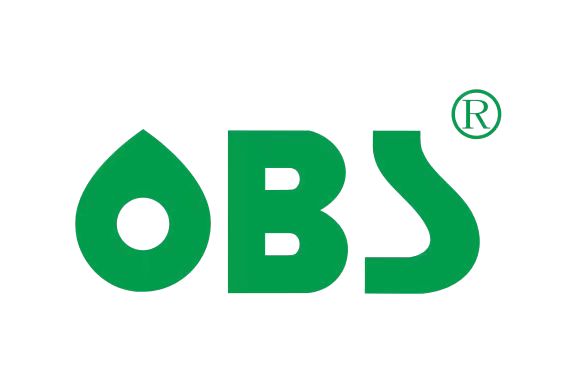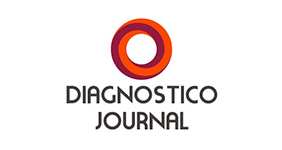Business travel starting to show solid signs of recovery and resurgence
April 2, 2021 | by Gracia Larrain
The words “business travel” have not been a part of the daily corporate narrative for well over a year. Now with new normals in place and remote work taking over as the status quo for most of us now, the dust has settled and we can start looking at what business travel will look like from here onward.
While the traditional office construct - skyscrapers filled with office and employees, 9-5 behind a designated desk, elbow-to-elbow with your colleagues - has changed permanently however you look at it, it’s now afforded companies and businesses the opportunity to evaluate the specific opportunities that do warrant and require face-to-face interaction. While work trend analyses point to increased productivity, connectivity and efficiencies in the forced adoption of remote work, there are some occasions that don’t and won’t ever translate to the digital world. As such, it leaves fewer opportunities to engage, which comes with a selectiveness that is covetable. People are more than willing to embark on a new wave of business travel that requires less travel and more interaction, which gives conference organizers the need to plan events that truly stretch attendance, participation and ROI.
According to an annual report produced by the Global Business Travel Association, business travel spending is expected to increase 21% in 2021. Experts indicate we will see this trend starting in Q3 as vaccinations increase and companies’ confidence in travel is restored. It is projected that this positive trend will continue throughout 2022.
By the end of 2024, annual business travel spending will reach approximately $1.4 trillion, and by 2025, a complete recovery to pre-pandemic levels of business travel is expected. We are seeing similar trends emerging from Latin America, where the speed with which vaccines are being administered, travel experts are anticipating that in the last six months of this year, the business travel sector will experience a boost of 50%.
As much as the global pandemic affected business travel, it’s forcing companies to consider how they’ll approach it in the future, and the role technology plays in redefining and reigniting this space. New trends like process automation, artificial intelligence (AI), virtual reality, intelligent assistants, and blockchain technologies are all innovative solutions that companies are adopting in order to stay competitive in this rapidly changing environment.
Though COVID-19 shed light on the excesses of business travel, it’s allowed companies to determine necessities and priorities. As we prepare to embark on a new chapter of this journey that is more highly regulated and controlled, both from a safety as well as a financial perspective, there is an opportunity to help the sector’s recovery by being mindful in our approach, the content we produce and share, and the undeniable and irreplaceable value of engagement.






























